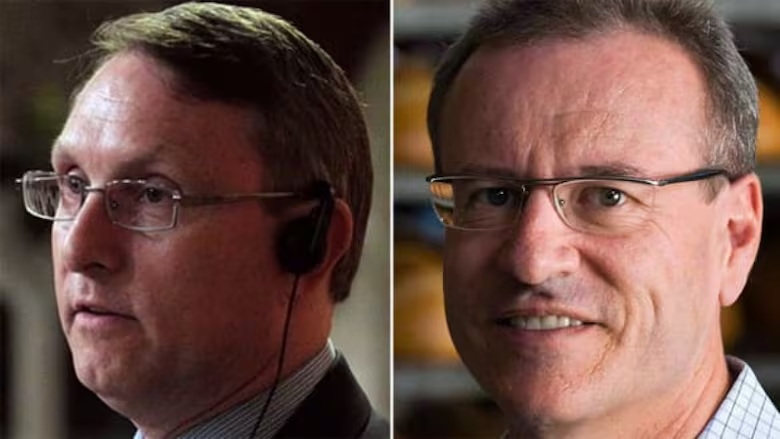Etobicoke Centre polls showed spike in voter registrations
Supreme Court to hear appeal of judge's decision to toss out election result July 10

A Toronto riding that is the subject of a Supreme Court appeal next month over the results of the 2011 federal election had an unusually high number of voters added to the voters' list at some polling stations on election day, documents suggest.
An access-to-information request to Elections Canada shows that there were 2,307 voter registrations at 240 polls in Etobicoke Centre during the 2011 election. That number of new registrations works out to an average of 5.1 per cent of the total voters in the riding, a figure that parallels the cross-Canada average.
But at poll number 31 in the riding, 86 people registered to vote. At poll number 426, 33 new voters were registered. Both of these are far higher than the average for the rest of the riding.
There's nothing to indicate why new voters flocked to polls 31 or 426. But a recent court case brought by the defeated Liberal candidate in the riding revealed that voting rules in these locations were flouted, ignored or not understood by polling officials.
The two polls were part of the 10 sample polls that former Liberal MP Borys Wrzesnewskyj used to successfully overturn the Etobicoke Centre election, which he lost by 26 votes. The sitting MP, Conservative Ted Opitz, is appealing the decision to the Supreme Court of Canada.
Wrzesnewskyj, elected three times previously in the riding, has launched a cross appeal. He's appealing the lower court judge's decision to let certain votes stand. Wrzesnewskyj had contested the validity of 181 ballots; the judge rejected 79 of them, far more than the 26 needed to nullify the results.
Battle over ballots
Opitz is arguing that those 79 ballots are valid, even though mistakes were made at the polls. If the court sides with Opitz on those, it might be necessary for Wrzesnewskyj to return to the remaining ballots he originally challenged.
Wrzesnewskyj is appealing the judge's findings that people can vote in the wrong polling division, as long as they vote in the right riding.
Election Canada's rules are that voters must vote at the poll in which they reside. But the judge found that rule to be "directory," presumably like a guideline, rather than mandatory, and thus accepted a number of ballots that Wrzesnewskyj suggested should be voided.
Wrzesnewskyj is also questioning a ballot that the judge allowed in poll 31. Wrzesnewskyj's appeal states that the evidence before the judge was that the ballot belonged to someone who voted in poll 31 and also voted in poll 63.
Wrzesnewskyj also contends that six people in poll 426, a seniors' residence, voted twice. Their names, with the spelling changed only slightly — for example, in one case the letter "E" was added as a middle initial — were on both the new voters' list and the official voters' list. Despite the unlikelihood of five or six people (the number is in dispute) in the same building having virtually identical names, the judge did not believe any double voting happened.
The case will be heard at a special sitting of the Supreme Court on July 10. A decision may come quickly, because the court is expediting this case – even coming back from summer break to hear it.
If Opitz loses his appeal, he will not longer be the duly-elected representative of Etobicoke Centre. The prime minister would be required to call a byelection within six months.